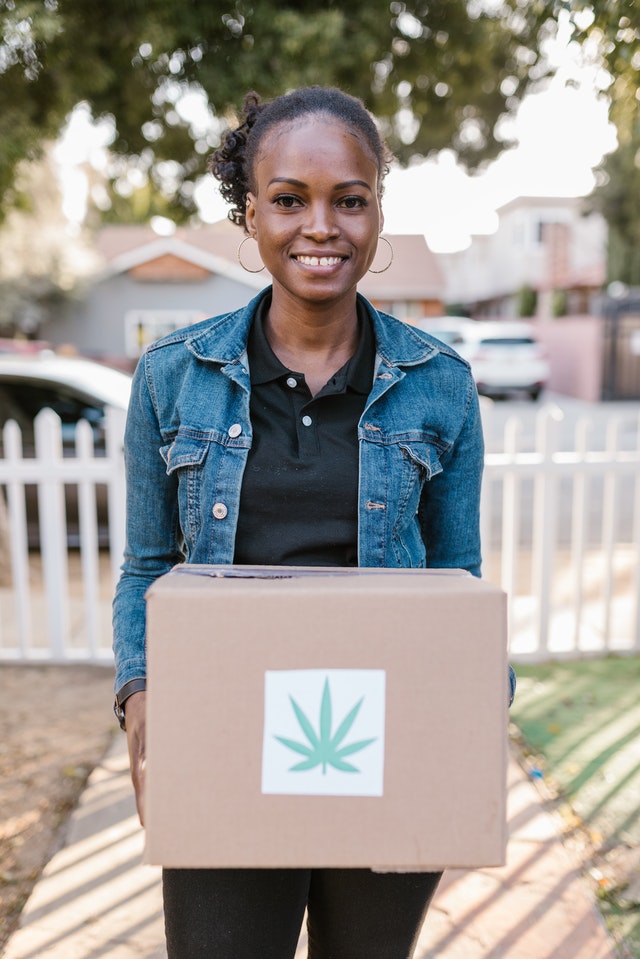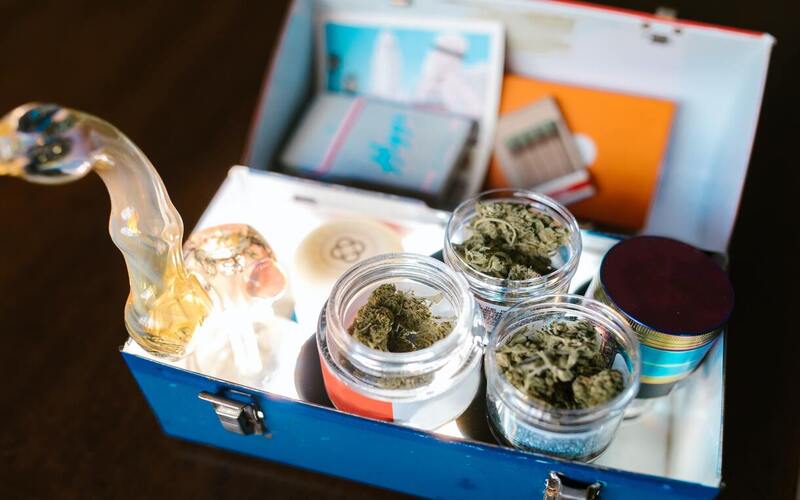It’s been an exciting year for Colorado’s cannabis market. In May, the state crossed the benchmark of $10 billion in cannabis sales since the legalization of adult-use cannabis. Many recreational dispensaries are hoping to further increase revenue by implementing delivery, which was exclusive to only medical cannabis shopping until January of this year.
But nearly a year into legal recreational delivery, we’ve seen that the program has been slow to roll out.
Specifically, dispensaries are either not utilizing delivery workflows due to complex processes and disjointed systems, or they’re barely making enough deliveries to consider the operation a viable business decision. Among those suffering most from these inefficiencies are the people this legislation was meant to help; social equity delivery transporters.
But why is there so much going wrong? We all know that consumers crave eCommerce options. States like California and Michigan have seen a massive influx in delivery orders over the past year. And Colorado is estimated to be the third-largest cannabis market in the U.S.
Multiple issues seem to be delaying the potential that delivery has in the state. From confusing local legal caveats to poor technology to high overhead — Colorado cannabis delivery has faced an uphill battle from the start. In order to create a successful Colorado cannabis delivery system, first, we need to address and resolve these problems.
Colorado Delivery in a Nutshell
It’s easier to understand this slow start by first recognizing what legislation the state has set forth and what it actually takes to offer delivery at a dispensary.
First, each city has to opt into the statewide program and create its own regulations. For example, Denver has exclusively allowed retailers to complete deliveries using a “Postmates” workflow.
This means a 3rd party transporter with the approved city and state permits must execute all deliveries for the retailer selling the product.
This is as opposed to a “Pizza Hut” delivery model, which allows the retailer to employ their own drivers and complete deliveries in-house, as we see in Aurora and states like Michigan, Nevada, and California. However, Aurora is unique because it allows for both the “Postmates” and “Pizza Hut” delivery workflows.
Note: Denver and Aurora cannabis retailers are required to abide by these regulations until 2024.
Social Equity Creates Opportunity; Getting Started is Difficult
Cannabis delivery companies are dealing with insurmountable upfront costs. According to the MED Fee Schedule, for state licensing alone, a third-party transporter should budget around $12,000. This covers a state transportation license, a state delivery fee, and the owner’s MED badge fee.
Things like insurance, vehicles, drivers, gas, and software to run operations quickly add up. To help cover their costs, delivery companies are charging high fees and a charge to the retailer.
While the state expected a massive influx of delivery orders, we aren’t seeing consumers adopting the ordering method. Buyers simply are not willing to spend $20 on delivery fees, plus the selection can be minimal because few retailers currently offer delivery in Colorado.
Dispensaries Waiting Out the Storm
While dispensaries like L’eagle and Strawberry Fields Denver have delivery programs, very few other Colorado dispensaries do, even though they are legally allowed to. This could be because there isn’t much competitive advantage to providing delivery right now.
But that is quickly changing.
The acquisition of Green Dragon dispensary by Eaze, a massive cannabis delivery marketplace, has put Colorado dispensaries on edge.
To remain competitive, delivery will be a necessity for Colorado dispensaries in the near future.
How to Fix the Colorado Delivery Model
Here’s what needs to happen for the delivery model in Colorado to become as successful as in states like California or Michigan.
First, established businesses or those with cannabis industry expertise must support new social equity businesses that are getting up and running.

Photo by RODNAE Productions from Pexels
This can be done through mentorship, funding, networking, donated software, and more. Trade associations like the Marijana Industry Group (MIG) offer sponsorship programs and group meetings to educate people moving into the cannabis space.
The next hurdle is funding. It’s nearly impossible to start a business without money, but the harsh reality is that many new licensees don’t have access to bank loans or significant cash reserves, and operating in the cannabis space makes it tougher to receive any type of financing.
However, initiatives like the Colorado Cannabis Business Office have $4 million in funding available to help those who qualify. More programs like this on the state and local levels are needed to help offset high startup costs for operators.
Next, the pain points that come with delivering cannabis in Colorado need to be addressed and resolved. Currently, delivery businesses must maintain compliance with Metrc but use pen and paper for things like Metrc manifests and recordkeeping. Drivers are also required to scan a customer ID digitally.
Focusing unnecessary energy on the organization means fewer deliveries can happen per hour — a primary reason that delivery costs are so high for consumers.
Technology companies are noticing and creating solutions for these businesses. CannaHauler, a delivery technology company, addresses pain points.
Its software allows operators to digitize their Metrc manifests. This cuts out manual work while meeting compliance needs.
The tech identifies optimal routes for delivery drivers, lowering costs for things like gas and vehicle maintenance. CannaHauler also allows drivers to verify a customer ID at the time of product drop off.
A Better Future for Colorado Cannabis Delivery
Colorado delivery operators need to increase the number of deliveries they can make per hour to bring down the fees associated with placing the order.
Once the fees are lower, more dispensaries and customers alike will start adopting delivery.
This all happens when cannabis delivery operators have the right tools and technology, access to funding for startup costs, and the support of Colorado’s Government and cannabis industry veterans alike.
Expect to see a momentous shift in cannabis ordering in 2022. Colorado paved the way with cannabis back in 2014, and the state has the potential to continue to lead by example with delivery workflows, too.
Author
-
Nicholson Medlock is the CEO and Founder of CannaHauler, a cannabis technology platform that digitizes the METRC manifest and automates cannabis delivery and transportation. He has over six years of experience in technology and has previously worked at Flowhub, a cannabis POS system, and Rally Software, an agile tracking software.






